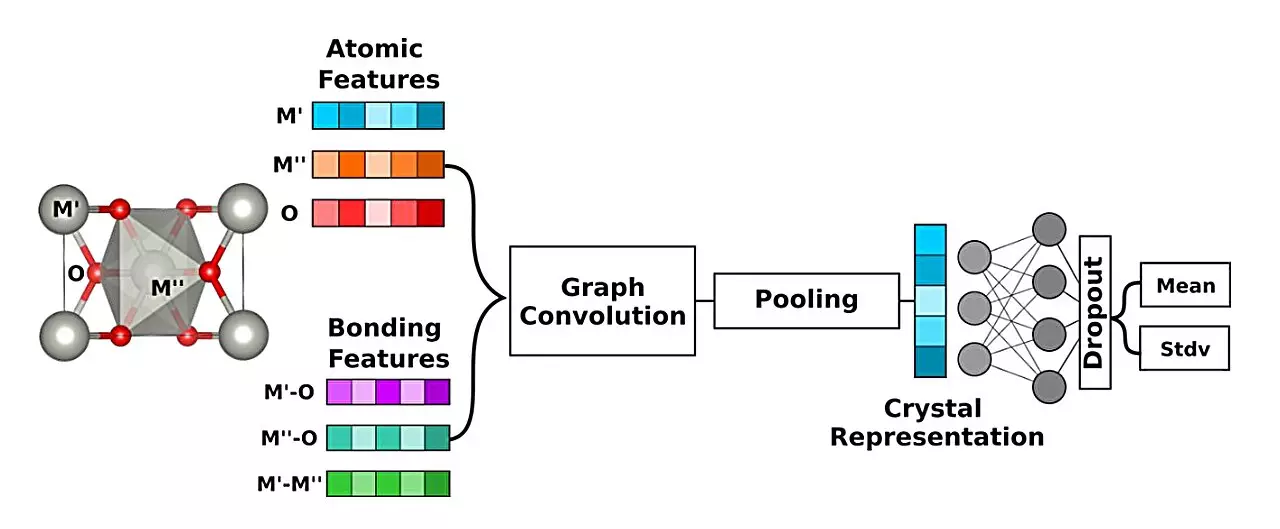Artificial intelligence is revolutionizing the way researchers at the University of Toronto are approaching the search for sustainable energy solutions. By leveraging AI technology, scientists have been able to accelerate scientific breakthroughs in the quest for sustainable energy sources. One of the key areas of focus has been the development of a more efficient way to produce hydrogen fuel, a crucial component in the transition to green energy.
Traditionally, the search for the right catalyst to produce green hydrogen through electrolysis has been a time-consuming and labor-intensive process. Researchers have had to rely on trial and error in the lab to find the most effective catalyst, a process that can take years to yield results. However, with the help of artificial intelligence, researchers are now able to speed up this search significantly. By developing a computer program that can assess thousands of metal oxide combinations and run virtual simulations to predict the most effective catalyst, researchers have been able to streamline the catalyst development process.
The AI program developed by the research team at the University of Toronto was put to the test at the Canadian Light Source and the Advanced Photon Source. Through a combination of virtual simulations and experimental validation, the researchers were able to identify a promising alloy composed of ruthenium, chromium, and titanium in specific proportions. This alloy outperformed the benchmark metal in terms of stability and durability, demonstrating the accuracy of the AI program’s predictions.
While the results of the research are promising, the material still needs to undergo extensive testing to ensure its efficacy under real-world conditions. The AI program has shown great promise in accelerating the search for better catalysts, but further research and testing are necessary to ensure that the alloy can withstand the rigors of practical applications. The researchers are hopeful that AI technology will offer a faster and more efficient route to finding sustainable energy solutions that can be widely adopted.
Artificial intelligence is playing a crucial role in accelerating scientific breakthroughs in the search for sustainable energy solutions. By harnessing the power of AI, researchers are able to analyze vast amounts of data, run virtual simulations, and make predictions that can guide experimental research. The development of a more efficient catalyst for green hydrogen production is just one example of how AI technology is transforming the field of sustainable energy research. As researchers continue to explore the potential of AI in this area, we can expect to see more innovative solutions that will pave the way for a greener and more sustainable future.


Leave a Reply